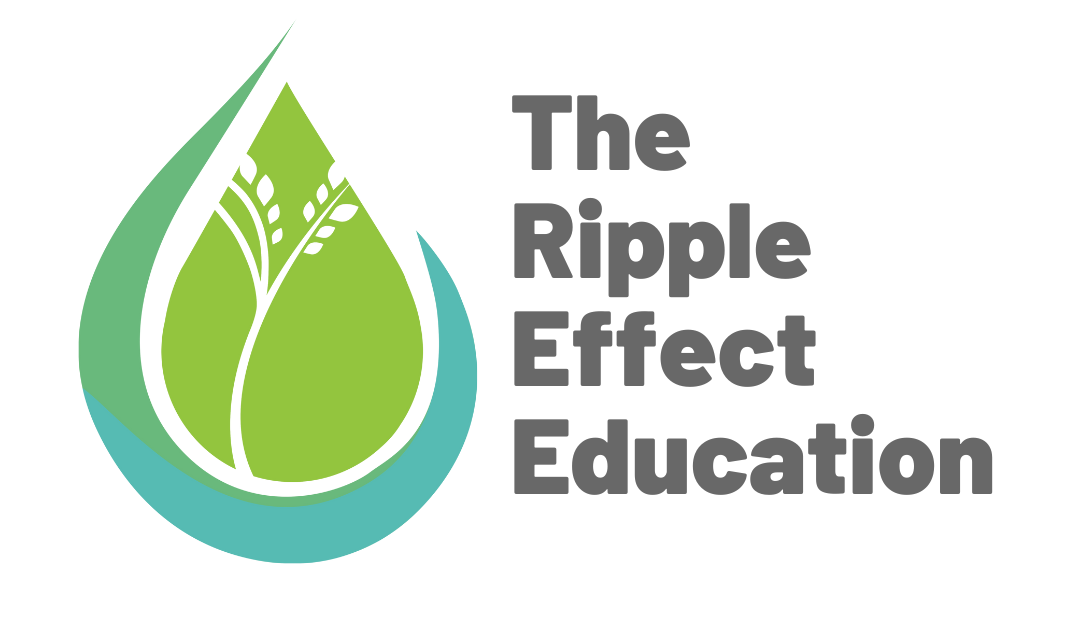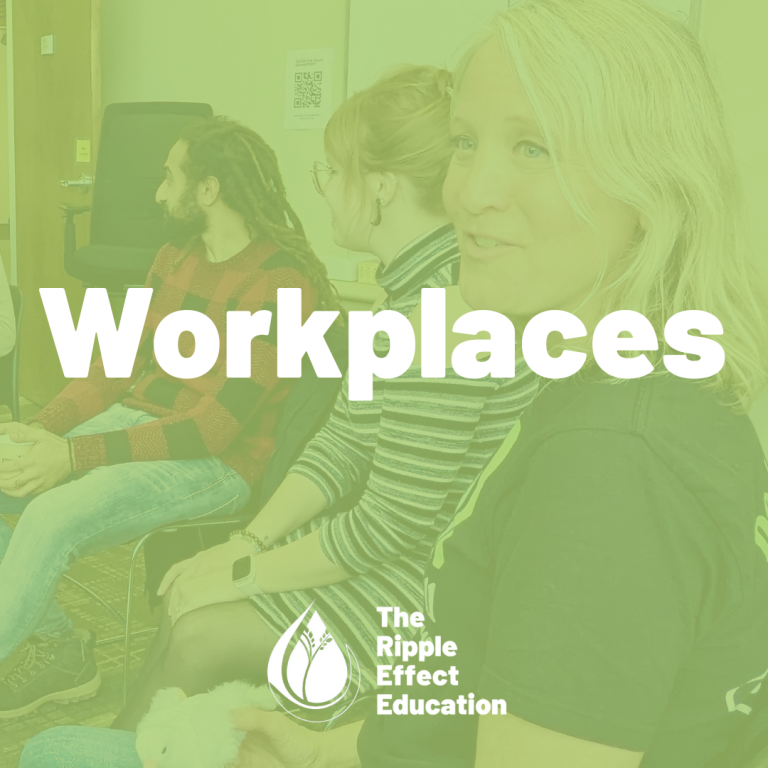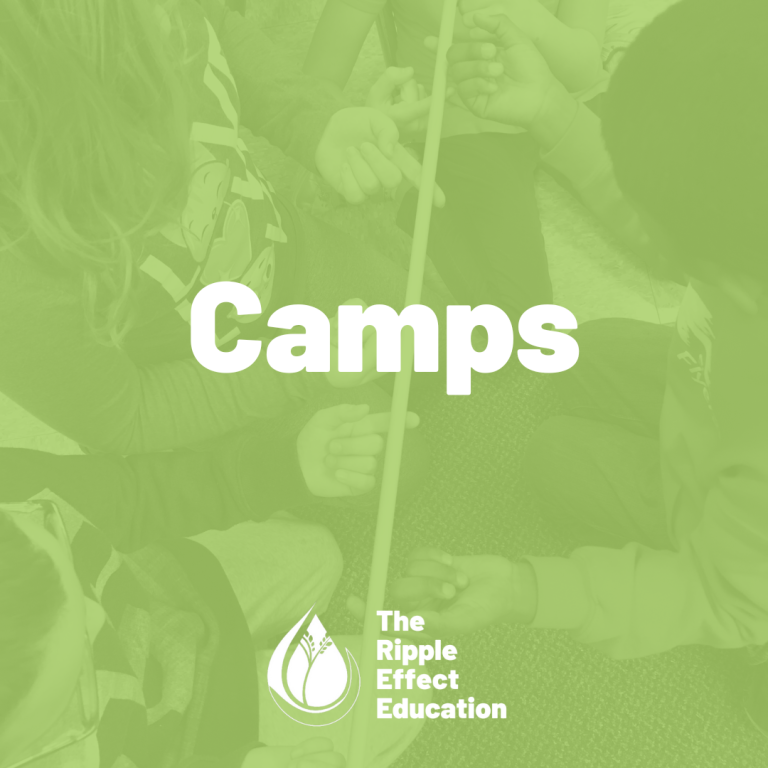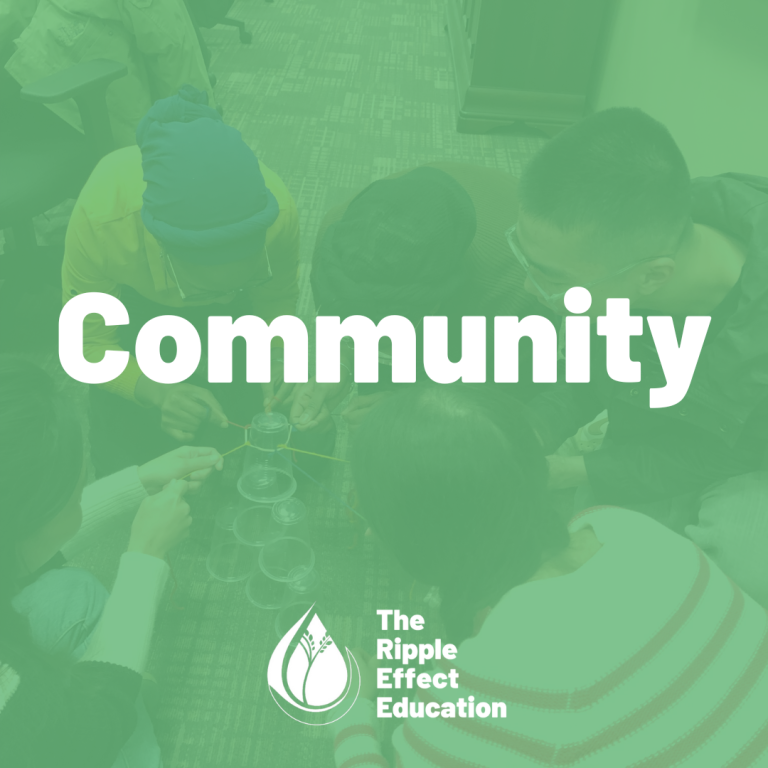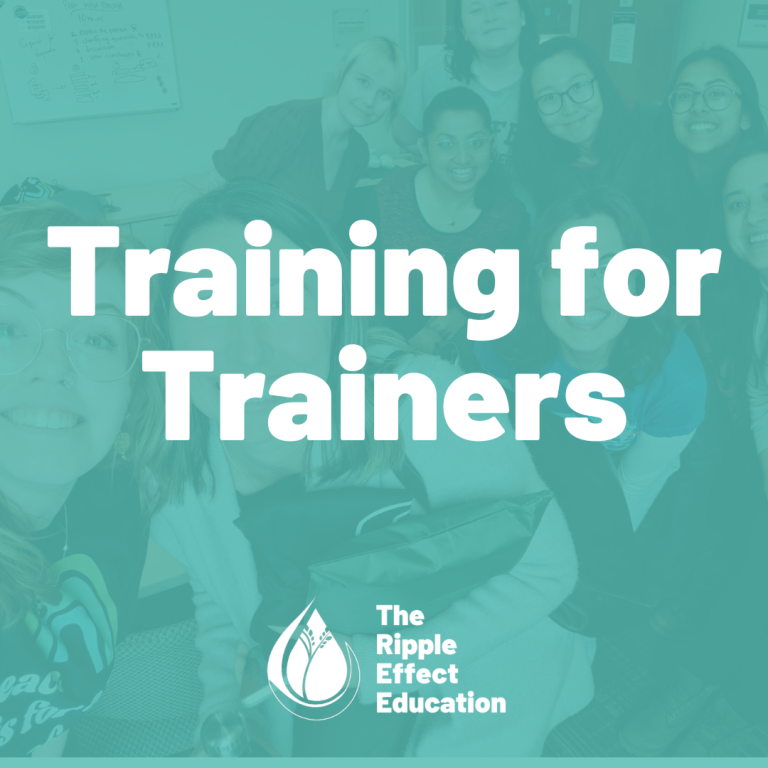When having conflict conversations, it can be easy to engage in behaviours that aren’t actually helpful to the situation. I know it happens to me sometimes, and it can happen in any relationship. Therapist Dr. John Gottman identified four behaviours, which he called the “Four Horsemen of the Apocalypse,” that he found to be the most destructive during conflict discussions; criticism, contempt, defensiveness, and stonewalling (Lisitsa, 2013). By tracking these behaviours in couples engaging in conflict conversations, Gottman and his research team could predict whether the couple would eventually divorce with over 90% accuracy (The Gottman Institute, n.d.). Even though the research was originally focused on intimate partners, the overall findings about behaviours exhibited during conflict applies to people of all ages and in all types of relationships.
Let’s pretend two siblings ages 8 and 10 are trying to pick what movie to watch and see what the four behaviours might look like in this situation.
Criticism is when someone points out problems within another person rather than naming their concerns about the situation. Using our example, Sibling 1 might say “you never let me pick!”, which transfers the focus of the conversation away from the decision at hand (which movie to watch) and instead targets Sibling 2 and escalates the conflict.
Contempt is when someone behaves in a way that intentionally disrespects someone else, through things like mocking or name calling. Going back to our example, Sibling 1 might say “it’s my turn to pick, you meanie!” The goal of these behaviors is to make the other person feel worthless and make ourselves feel superior. Contempt is more severe than criticism in that criticism targets what the person does, while contempt targets who the person is.
Defensiveness often appears as a response to criticism or contempt. It can look like making excuses for our behaviours rather than owning up to them and turning blame back around on the other person. One way Sibling 2 might respond to Sibling 1 exhibiting criticism could be “you’re lying! I let you pick on Friday!” The statement here is a knee-jerk reaction to being criticized and turns the same sentiment back on the person who initially exhibited it. Most people have gotten defensive at one point or another, but the real issue is when this becomes the most common response.
Stonewalling essentially means ignoring the other person, and it is often a response to contempt. When someone stonewalls, they withdraw from the conversation and stop responding altogether. An example of this would be if Sibling 2 were to cross their arms and turn their back after Sibling 1 called them a meanie.
If these behaviours are so harmful to relationships, what else might we be able to try as replacements? Instead of criticizing someone or offering contempt, it is more helpful to focus the conversation on the problem at hand, rather than any individual person. For example, Sibling 1 might say “I want to watch Spiderman. What would your choice be?” This approach uses I-Statements to voice how the person feels about the situation and keeps the conversation focused on the problem that the pair is trying to solve.
When we feel ourselves getting defensive or like we want to ignore the other person, that is generally a sign that it is time to take a break from the conversation and come back once everyone has had time to calm down. To make that happen, we could try a response like “I need to calm my body. Can we take a break and then choose?” This shows the other person that we are not trying to escape, but that we want to have a respectful conversation after taking a break.
Learning about harmful conflict patterns can sometimes be difficult. We might realize that we do these things from time to time, or even in most situations, which might make us feel uncomfortable or like our relationships are doomed to fail. Luckily, this is not the case. Dr. Gottman’s research also showed that by learning about these maladaptive patterns, identifying when we use them, and practicing strategies to handle conflict more effectively, couples’ likelihood of divorce decreased (The Gottman Institute, n.d.). By practicing healthy strategies, our conflict resolution skills improve to equip us better and our relationships become much stronger.
Photo by Liza Summer from Pexels
References
Lisitsa, E. (2013, April 23). The Four Horsemen: Criticism, Contempt, Defensiveness, and Stonewalling. The Gottman Institute. https://www.gottman.com/blog/the-four-horsemen-recognizing-criticism-contempt-defensiveness-and-stonewalling/
The Gottman Institute (n.d.). Research. The Gottman Institute. https://www.gottman.com/about/research/
 Zoe Andres is a recent graduate of University of Waterloo’s faculty of Arts, majoring in Psychology and Sexuality, Marriage, and Family Studies and minoring in Music. She is passionate about intersectional equity and accessibility, and she has recently been putting these passions to work through Queer rights advocacy at Conrad Grebel University College and community political engagement with youth. In her spare time, Zoe enjoys reading, camping, and going for walks in her neighbourhood.
Zoe Andres is a recent graduate of University of Waterloo’s faculty of Arts, majoring in Psychology and Sexuality, Marriage, and Family Studies and minoring in Music. She is passionate about intersectional equity and accessibility, and she has recently been putting these passions to work through Queer rights advocacy at Conrad Grebel University College and community political engagement with youth. In her spare time, Zoe enjoys reading, camping, and going for walks in her neighbourhood.
